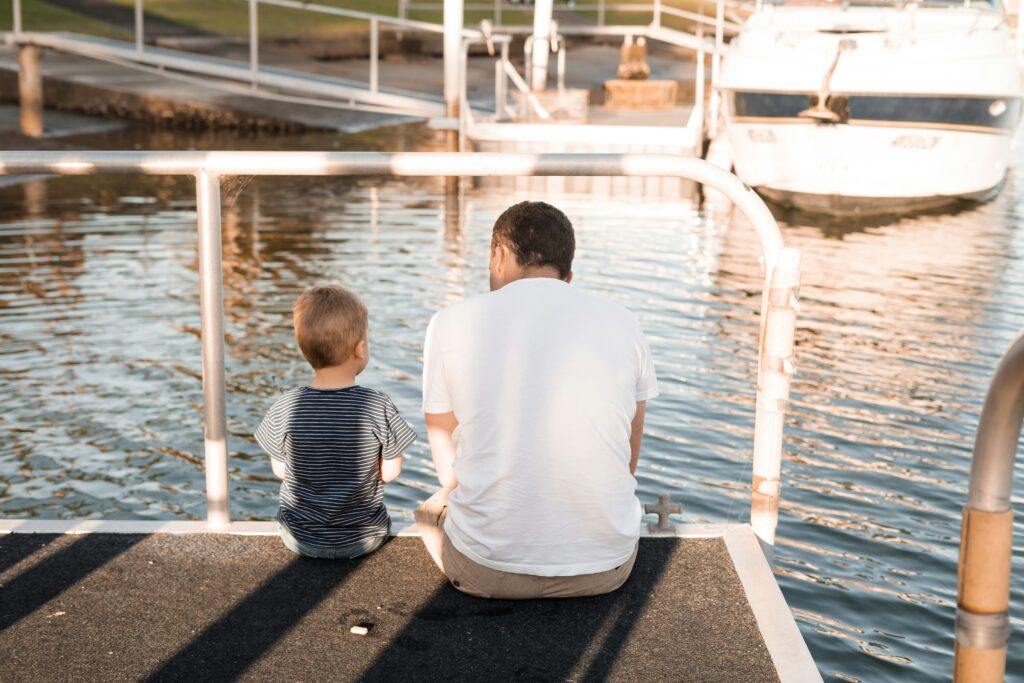Self-Care for Parents in Divorce
Susan Stiffelman shared an image in her latest newsletter with the subject “You have permission to rest, and more”. Often parents, particularly parents going through a divorce or trying emotional time forget that they too are human beings that deserve to be cared for. It is ok to take care of yourself too!
Susan questions our assumptions; “what is it about parenting that suggests that being a good mother or father requires us to fix everything that’s broken or make everyone happy? Why do we so willingly forego sleep or food–or even a pee?”
It is imperative that as parents we also remember that we must recognize and honor our need for rest and sustenance (both physically and emotionally); and to set an example of self-care for our children. Susan recommends three tips to help restore a little balance.
Honor Your Body
Don’t make needless scarifies, get that glass of water or go to the bathroom when you need to. Your “children will learn by the example you set that taking care of our needs is a good thing to do”.
Play
Remember that life isn’t all dishes, laundry and the next meal. Enjoy life and make time for light hearted play too. Enjoy your life while you are still living it!
Sleep
You can stop. Accept that you may not be super human and you may actually save time by accomplishing your tasks when you are fresh and rested.
As Susan says, “take action every day to treat yourself with the same kindness you would show your children, or a dear friend. You deserve it. You have permission to rest.”
To speak with an experienced legal team about your family law options in divorce, or creating a parenting plan contact Elise Buie Family Law Group, PLLC. We can provide a consultation regarding your child custody issues. For more information about custody or parenting plans please visit our website.











